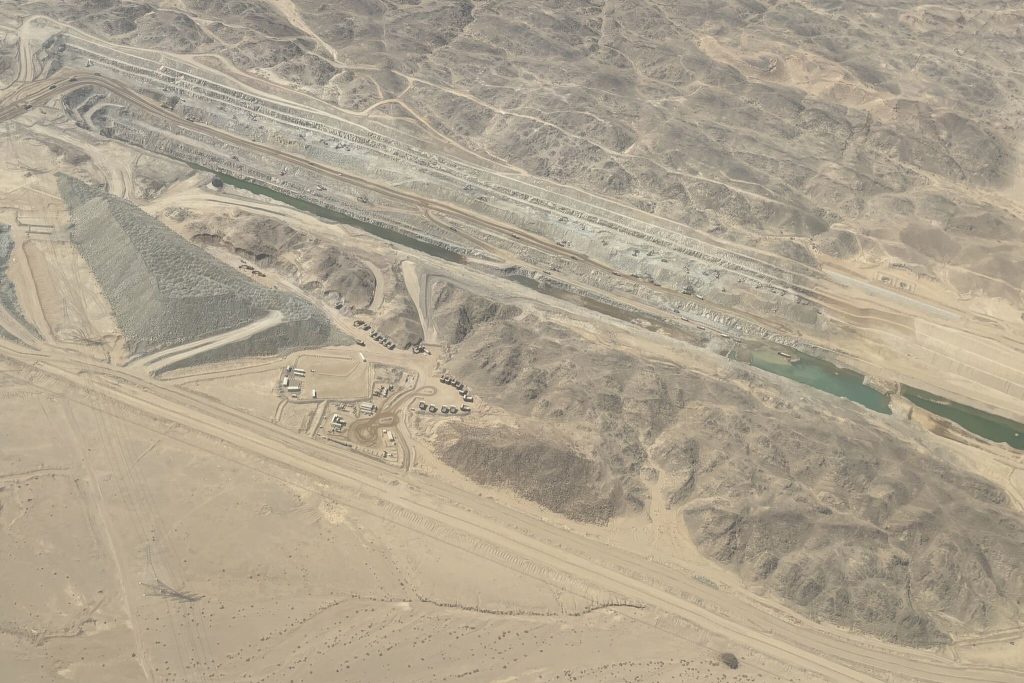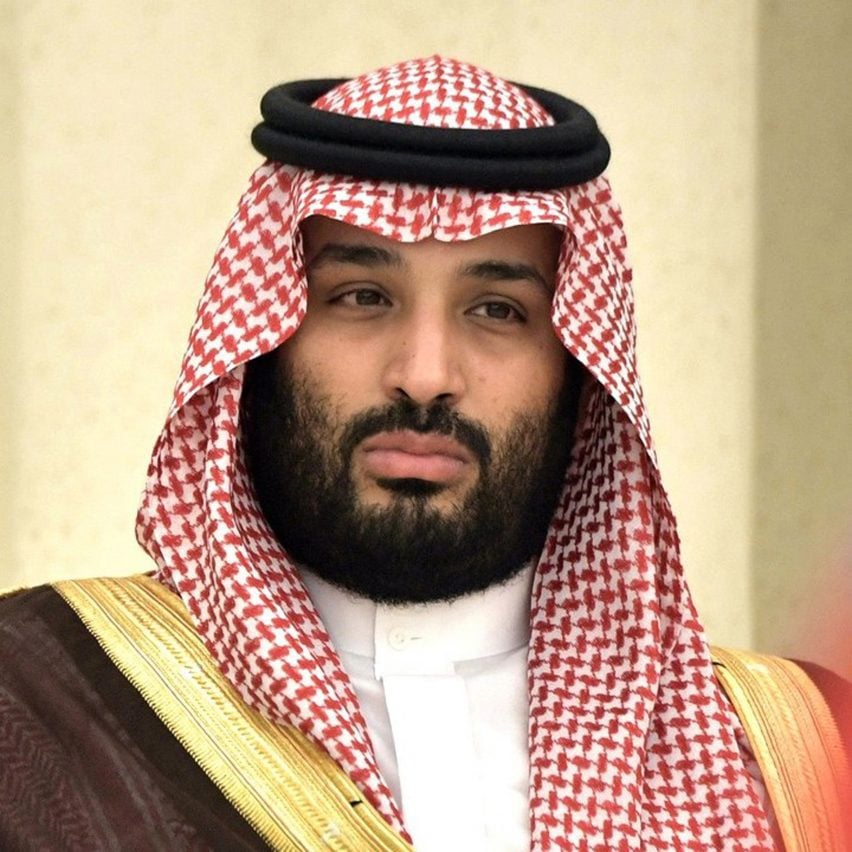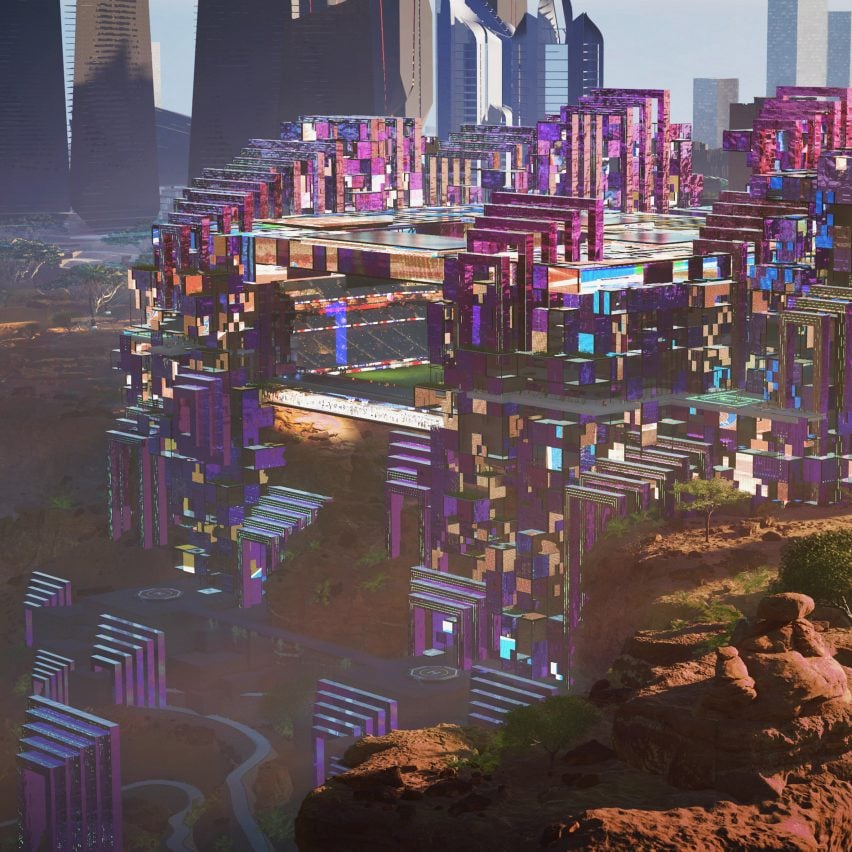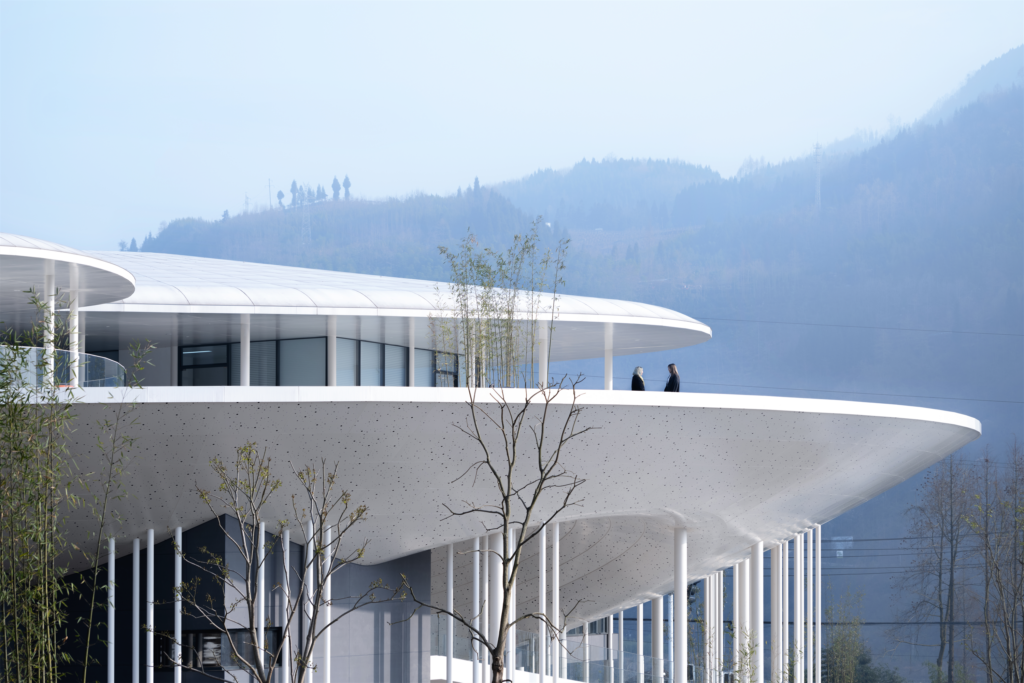Companies involved in Saudi’s Neom warned about ‘political and reputational risks’

This post was originally published on this site

Firms involved in Neom should consider the “political and reputational risks” of association with the giga-project in Saudi Arabia, according to a new report from human rights group ALQST.
Pressure has been piling on the Saudi authorities to address evidence that a wide range of abuses are being perpetrated at Neom, which is the flagship giga-project of its broader Vision 2030 development plan.
Vision 2030 is the main project of Saudi crown prince Mohammed bin Salman to try and diversify the country’s economy and culture away from oil and gas, while still pursuing expanded fossil fuel extraction. It is also to make it more appealing as a potential host nation for the 2030 Fifa World Cup. Neom, where the 170km linear city The Line is just one of the projects, is part of the Vision 2030 movement.
A recent ITV documentary said that 21,000 migrant workers have died in Saudi Arabia since the start of Vision 2030 in 2016. Saudi Arabia’s National Council for Occupational Safety and Health called this “misinformation”.
Now, ALQST’s report Neom: A human rights and environmental impact assessment. ALQST was established in 2014 by Saudi Arabian human rights activist and former Saudi Air Force officer Yahya Assiri. It defends and promotes human rights in the country.
The human rights body said it produced the report based on both first-hand and open-source information, to fact-check the claims being made for Neom. Its purpose is to “highlight its human rights and environmental impact, and point out the political and reputational risks for those involved or considering involvement in this mega-enterprise”.
ALQST says Neom is pitched as “a world-leading reimagination of sustainable living for the future, based on innovative use of cutting-edge technologies, including ecotourism and winter sports in the desert”.
However, It calls Mohammed bin Salman out, saying Neom “is creating an aura of Saudi modernity and globalism that is being used to consolidate the personal authority of its author, Mohammed bin Salman, and lend a spurious legitimacy to his repressive one-man rule”.
Warning to businesses involved in Neom
ALQST’s report directly addresses businesses involved in the giga-project.
In a section titled ‘Business and human rights: Your role in Neom’, ALQST said: “Neom should be seen as an overambitious vanity project that presents both human rights and environmental challenges. A number of senior staff working on Neom have resigned over unrealistic specifications and the absence of the expertise and transparency required to bring the project to life.”
Engineering and construction firms that are known to have been contracted to work on Neom projects in Saudi Arabia include Mott MacDonald, Jacobs, Aecom, Bechtel, Keller, AtkinsRéalis, Webuild, Systra, Egis, Turner & Townsend, Archirodon and Deme.
It not only urges them to reconsider their position, but says that if they must continue, they have the power to shine light on the abuses being perpetrated.
It continues: “If a business does wish to participate in Neom, however, it has significant potential leverage to call out human rights abuses, as completion of the project will not be possible without foreign investment and support.
“As well as avoiding actual complicity in human rights abuses, businesses have a responsibility, laid down in the UN Guiding Principles on Business and Human Rights (UNGPs), to prevent any adverse human rights impacts linked to their operations through their business relationships.
“This includes respecting the rights of indigenous peoples, ethnic minorities and migrant workers, all of which are being violated by the Neom project. The UNGPs further emphasise businesses’ responsibility to address adverse impacts where they occur by taking ‘adequate measures for their prevention, mitigation and, where appropriate, remediation’.
“In light of the human rights abuses already being committed in the preliminary phases of Neom’s construction, as well as the adverse environmental impacts that its full realisation would entail, investors and contractors involved in the project are urged to use all leverage at their disposal to call for the cessation of human rights abuses related to Neom, and specifically to call for the release of members of the Huwaitat tribe who have been wrongfully imprisoned.”
ALQST’s executive director Julia Legner said: “Neom’s development relies heavily on international investment and partnerships, making foreign businesses some of the best-placed actors with real power to challenge Saudi Arabia’s authorities.
“We urge them to look closely at the evidence, and take the appropriate action.”
Civil engineer at Neom death not properly investigated
A section of the report is dedicated to Abdul Wali Skandar Khan, a 25-year-old Pakistani civil engineer and father of two, who reportedly “died on 28 December 2023 while working on a Neom construction site after a guardrail collapsed”.
“He was employed by China Comservice, via a subcontractor, Falcon Group,” it continues.
“Despite the seriousness of the incident, neither the companies nor the Saudi authorities carried out a proper investigation or organised repatriation of his body.”
The report confirmed that his brother Meer Wali Khan, a dual British-Pakistani citizen, “had to travel to Saudi Arabia in January 2024 to retrieve Abdul Wali’s body at his own expense”, and the family has still not been compensated.
Meer Wali Khan said: “The companies and Saudi authorities have treated my brother with callous disregard. At every stage since his death, they have failed to act sufficiently, causing me and my family even more pain and hardship.
“As such, our quest for answers and justice continues, for Abdul Wali and others who have suffered a similar fate.”
Neom did not respond to a request for comment from NCE about the report from ALQST.
In response to the recent ITV documentary which raised concerns about working conditions at Neom, Saudi authorities called the programme “misinformation” and said “the work-related fatalities in Saudi Arabia is 1.12 per 100,000 workers. This figure positions Saudi Arabia among the lowest globally in terms of work-related fatalities.
“The International Labour Organisation (ILO) acknowledges this progress, highlighting on its official website that Saudi Arabia has made significant advancements in improving occupational safety and health and reducing workplace accidents at the national level.”
Civil engineering firms involved with Neom
After Arcadis CEO and chair Alan Brookes told NCE his firm had decided to exit the Middle East, none of the other firms did not respond to comment on whether they planned to stay, or why they chose to.
Even when there is good news about the project, such as award nominations and work on social responsibility at Neom being recognised, the firms do not share information.
The former Neom CEO Nadhmi Al-Nasr recently left giga-project following reports about his bad behaviour and uncertainty about the viability of the development.
The WSJ reported in 2022 that it had heard from people who worked directly with the now former CEO that he had “told one executive to walk into the desert to die, so he could urinate on his grave”.
The newspaper also reported that Nasr had threatened to shoot communications colleagues if they didn’t tell him who was responsible for videogame companies cancelling sponsorship deals.
Like what you’ve read? To receive New Civil Engineer’s daily and weekly newsletters click here.





Responses